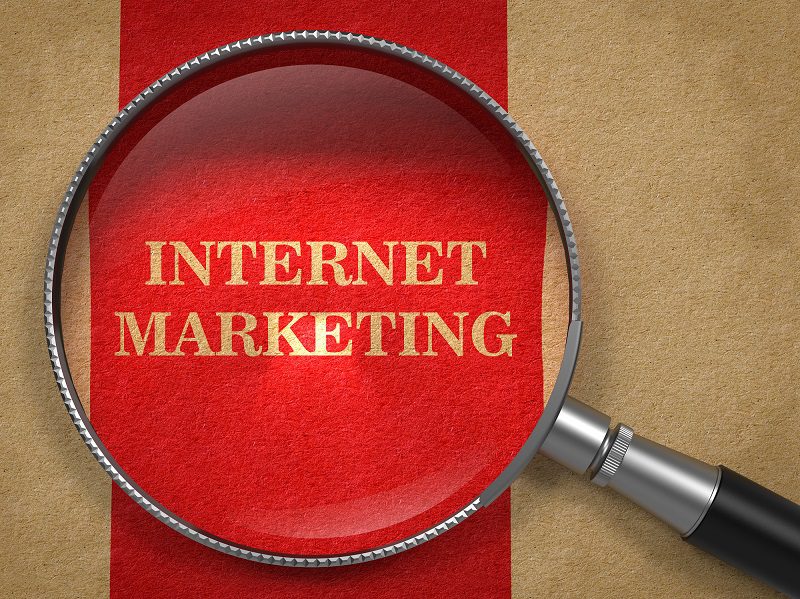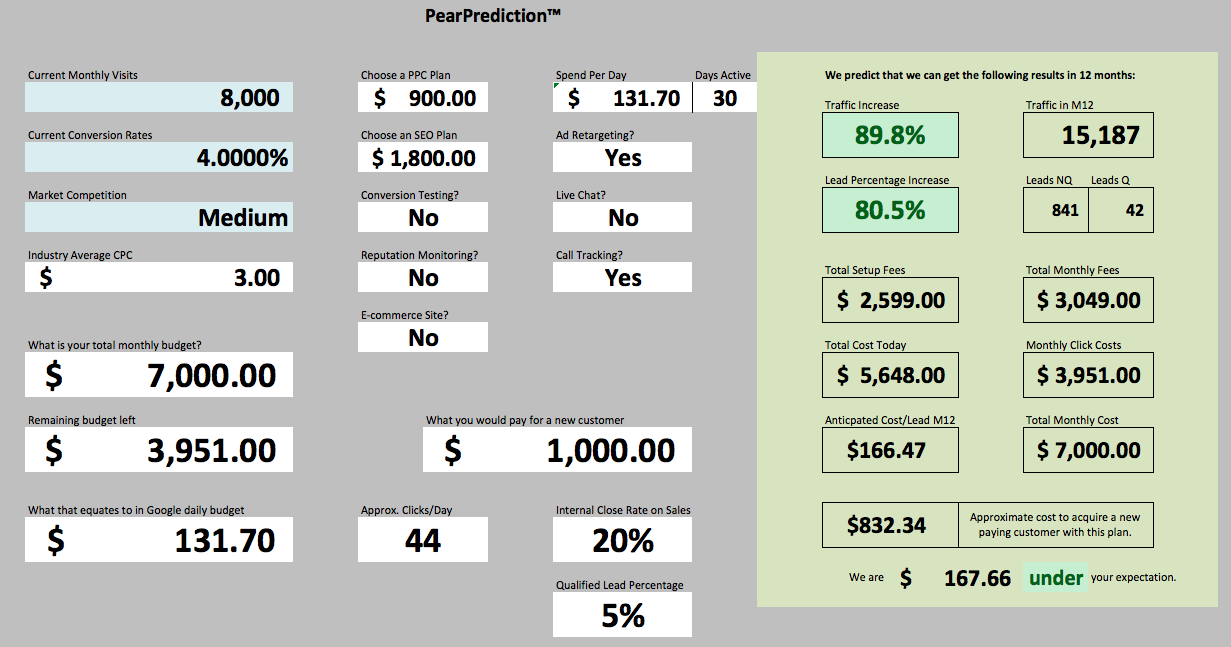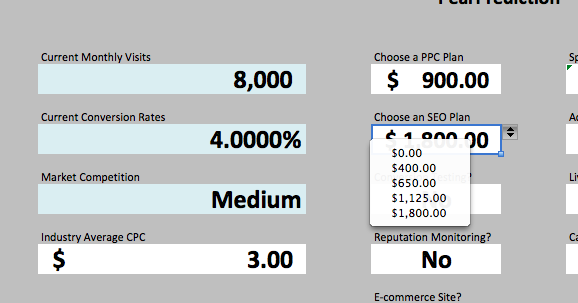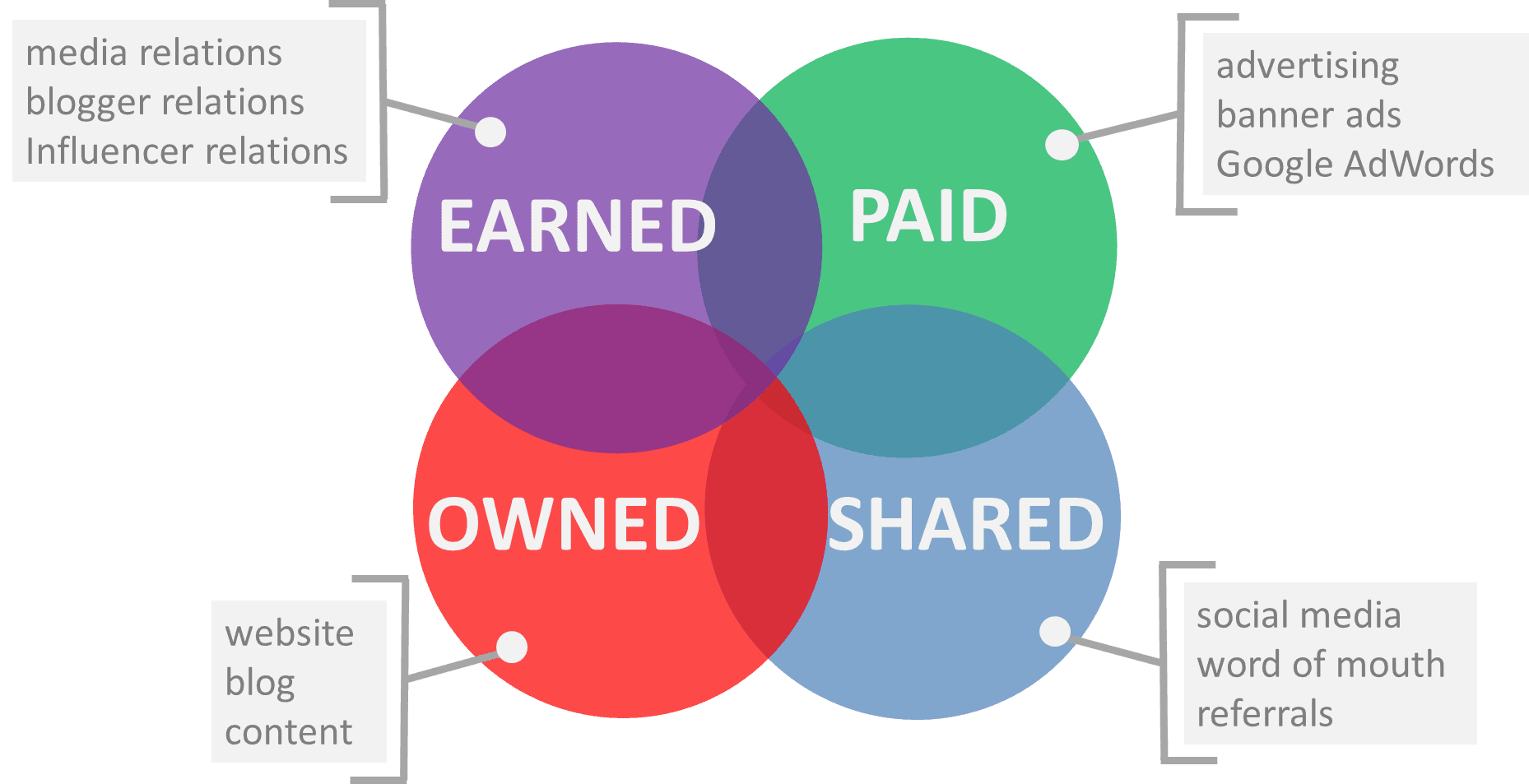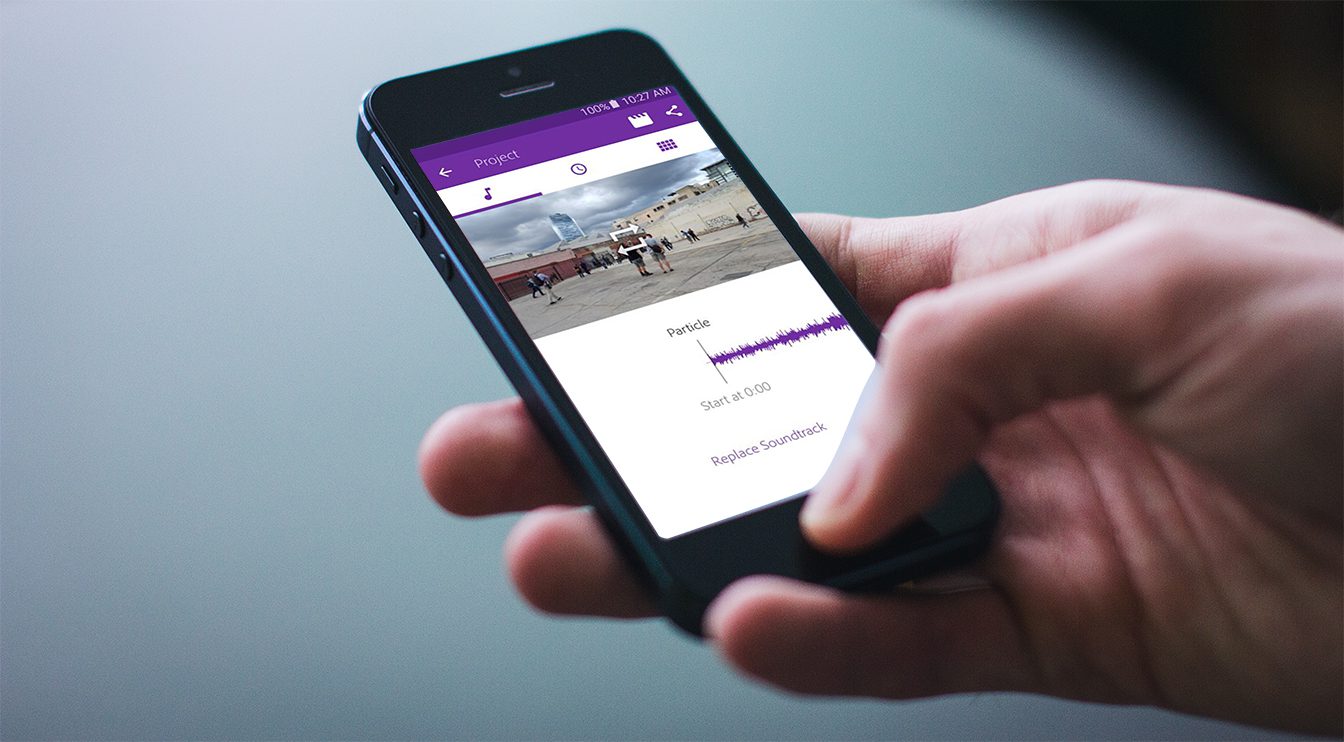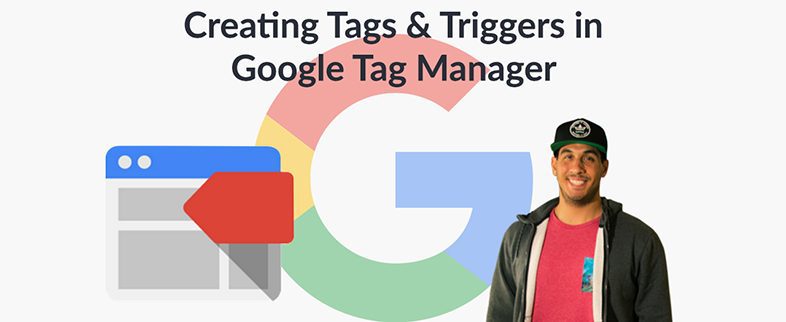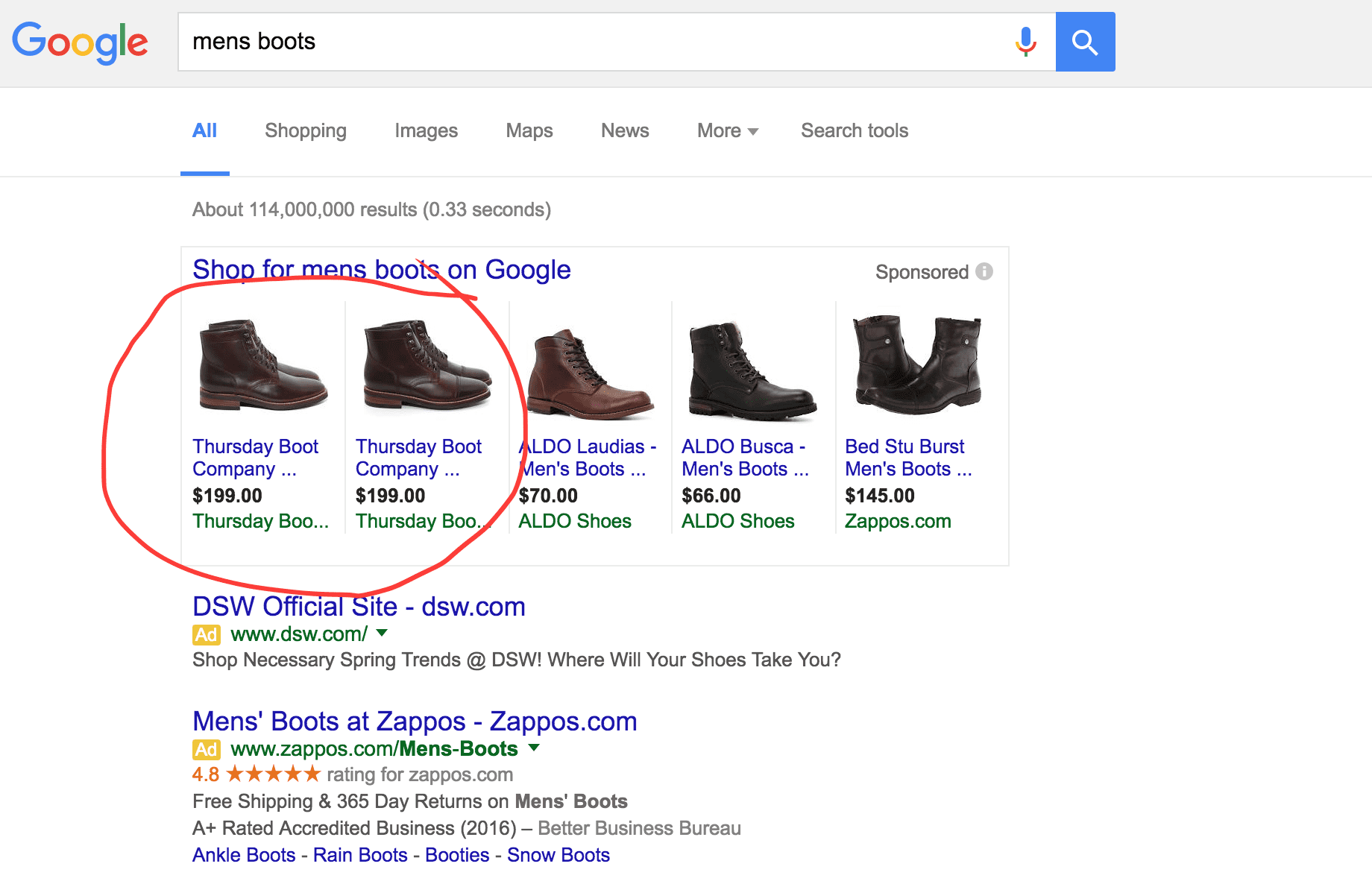Over the past couple of years we’ve been working with lots of customers in various industries from all over the world. We eventually gathered enough data to be able to reasonably predict your success based on the products you purchase from us. In short, businesses want to know how their Internet marketing spend is going to help grow their business. At the end of the day, it’s not just about rankings, or just about traffic increases. We see lots of Internet marketing companies pitch the importance around these “vanity metrics” – but did the increase in traffic result in any leads, and did any of those leads result in new business (i.e. paying customers)? So, we had to create the Internet marketing prediction modeling tool.
Those of us in marketing would all love to believe that every lead we send is qualified – but the reality is they are not. Sure, there are keywords with more “commercial intent” than others, but this is a tough road with SEO. Google is giving more and more preference to educational and self-help content in organic results, and pushing commercial content further down. Why? They want you to buy Adwords for that. That’s why almost every Internet marketing campaign requires a mix of SEO to help generate educational, thought leadership content that can generate visitors we can “nurture”, and compliment that with a PPC campaign for those who are ready to “buy now”.
So while our prediction tool incudes things like traffic increases and potential lead flow, we also have to account for things like:
– Qualified lead % – what percentage of the total leads generated are really good leads? We assume 5-10%.
– Internal close rate – Is your sales team on the ball, or letting leads fall through the cracks? Your customer acquisition cost depends on this.
– What is the customer willing to pay for a lead, or even a new customer? This requires knowledge about what the lifetime value of the customer is, and what makes sense from a lead cost standpoint.
– What is the current conversion rate of the website? Well, that’s sometimes a loaded question. Most clients are not really tracking that, or are not tracking enough channels to get an accurate number. We might assume somewhere in the 2-4% which would include calls and form submissions – maybe higher if you have other avenues such as newsletters, free trials or free downloads.
How Internet Marketing Prediction Modeling Works
We took actual analytics data from nearly 50 customers and tracked their KPI’s over a two-year period. We normalized the data and came up with a linear regression model of how just about any client would react to any of our plans given a) current traffic; b) conversion rates; and c) market competition.
Then, with our add-on products like call tracking, retargeting and a/b testing, we’re able to create a conservative assumption of how the conversion rate would be affected by these, which slowly improves the lead flow in the model over time.
Finally, we built the model to work backwards from a client’s total budget. Once we choose the recommended services, what’s left over will go towards the click expenditures, resulting in something that looks like this:
From here we can easily do a sensitivity analysis and see how the lead flow and cost/lead are affected by changing the marketing mix. Want less SEO and more PPC spend? No problem, lets see how that changes things.
We can also play with the model to get the client into the right cost per acquisition “zone”, and so we can indicate how much we are over or under their acquisition cost expectation.
Testing Against the Model
This model has been in play for only about 2 months now, and what we’re doing is using it to compare current customers who are maybe in their 5th or 6th month to see how close we are to the prediction (we’re able to plot results out for traffic and leads for 12 months in advance), and so far we’re between 75 and 85% accurate. As we add more data to the core analytics, I think we’ll be able to improve our accuracy, and even perhaps get enough data to model against certain industries, such as medical, law, technology, etc.
Want to learn more, or get a demo? Call us at (888) 427-2178 and let us help!


